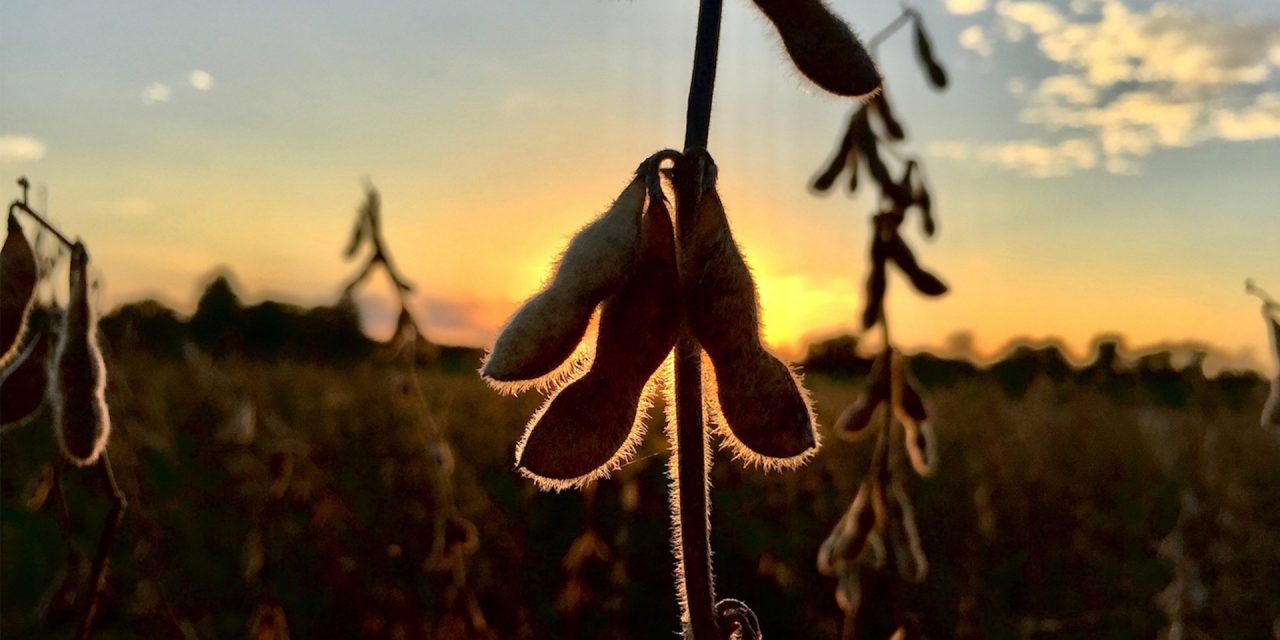On June 3rd, the 9th U.S. Circuit Court of Appeals outlawed the nationwide use of the herbicide dicamba. Dicamba is used in the production of soybeans and cotton and is only available for use on seeds bred to be resistant to the herbicide. The decision to use dicamba is made when the seeds are planted.
By June 3rd, most farmers had already planted their crops, and for those who had planted dicamba-tolerant varieties, there are no alternatives. Sixty million acres of soybeans were sentenced to die a slow death, choked out of existence by weeds that cannot be controlled in any other way once the seeds are planted.
The 9th Circuit covers the Western United States, an area known for many wonderful geographic and cultural attributes, but not known for the cultivation of soybeans. In fact, it’s safe to say that San Francisco, home of the Court, is hundreds of miles away from the nearest soybean field. Some cotton is grown in the West, but even that crop is mostly cultivated in the southern part of the region, thousands of miles away from the court. Never mind. The environmental groups who brought the suit knew that the 9th Circuit would be friendly to their plea, and mass agricultural panic was the result.
Several states, including Missouri, rapidly moved to allow the use of existing stocks of dicamba, and the EPA, after a week of indecision, followed suit by allowing the use of existing stocks for the next few weeks. It remains to be seen how the court will react to the EPA decision, but it is safe to say that farmers will apply their remaining stocks with a great deal of dispatch.
In defense of the 9th Circuit, and those are words I never thought I would say, the widespread use of dicamba has not been without controversy. The compound must be applied with a great deal of care or off-target damage can occur. Farmers have gotten better at using the herbicide, but it is not without risk.
Unlike the 9th Circuit’s embarrassing record on glyphosate or its refusal to hear cases questioning the ability of the California legislature to regulate agriculture from sea to shining sea, dicamba registration is a thorny issue.
However, it is well established that the owners of pesticides that lose registration be given the ability to use existing stocks under the previous label. The EPA may have been tardy, but it is correct. It is unfair to put millions of farmers at risk in the middle of the growing season; farmers who had made decisions and invested millions of dollars trusting that what was legal when they made those investments would be legal for the entire growing season. The court should accept the EPA ruling, and we can have a discussion about the future of dicamba before farmers make their plans for 2021.


